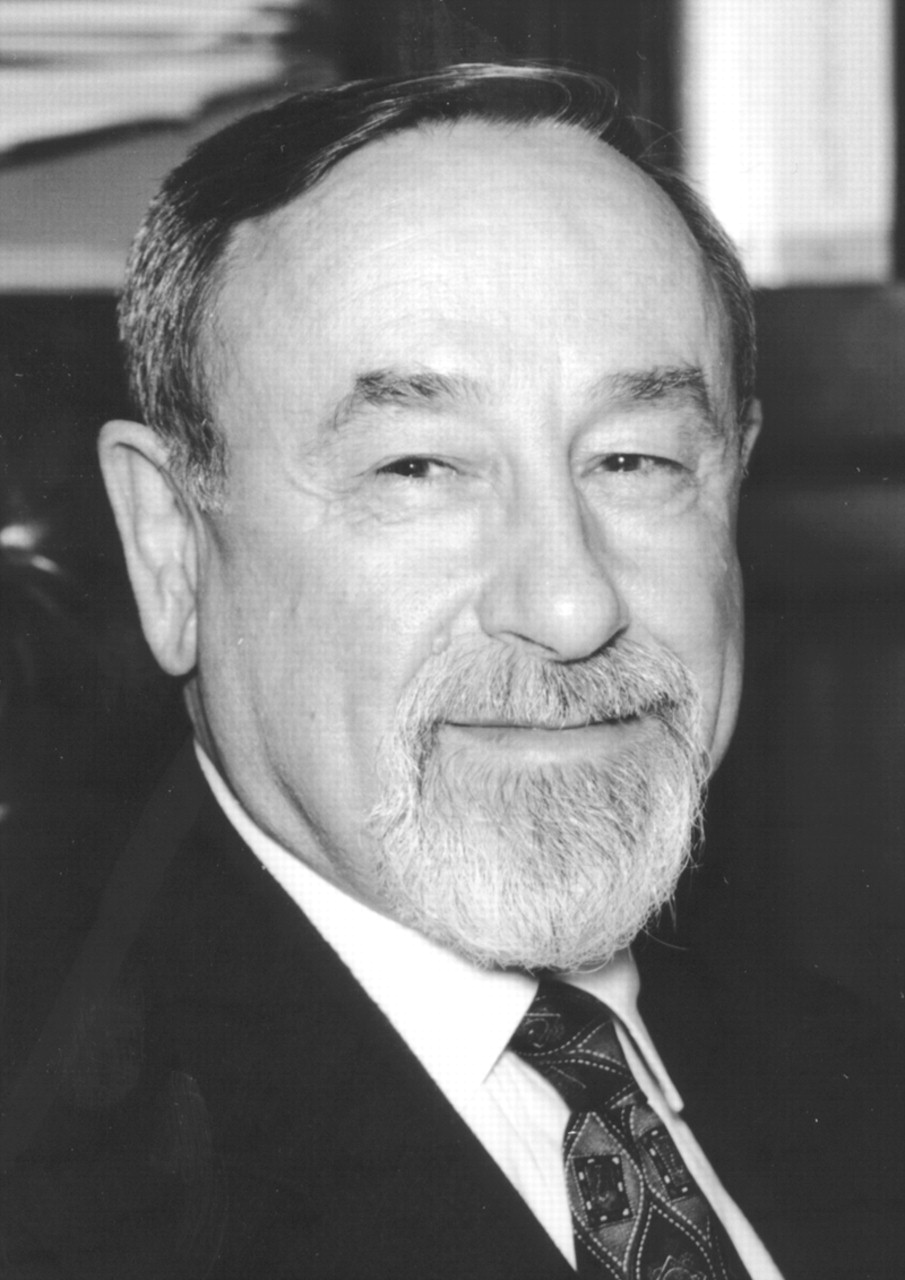Candidate for Area 6 Trustee
About the Candidate

Distinguished Life Fellow (Member Since 1968)
| •. | Full-Time Practice of Psychiatry, Addiction Psychiatry, and Psychoanalysis, 1968- | ||||
| •. | California Psychiatric Association: Treasurer, President-Elect, and President; Area 6 Deputy Representative and Representative, 1992-98 | ||||
| •. | Southern California Psychiatric Society: President, 1986-87; Assembly Representative, 1988-94, 2000- | ||||
| •. | Medical Director, Behavioral Health, Saint John’s Hospital, Santa Monica, Calif., 1988- | ||||
| •. | Chair, APA Private Practice Committee, 2001-02 | ||||
| •. | Associate Clinical Professor of Psychiatry, UCLA, 1970- | ||||
Candidates’ Views
The buck literally starts with our membership dues and stops with the Board of Trustees. The stewardship of APA’s resources rests in the hands of the Board’s voting members.
Our APA has come from a time of growing membership, budget surplus, and ownership of office property in Washington, D.C., a stone’s throw or two from the White House, through a time of budget deficits, the sale of its building, staff layoffs, and a precipitous decline in membership to finally settle into its present diminished but hopefully stable circumstances.
Nevertheless, our professional values have not changed. Caring for and advocating for patients and their families who are entrusted to our care remains the ground substance in which all our careers as psychiatrists are embedded. Researchers, teachers, administrators, and clinicians alike share a common professional identity whose interests are prompted by our APA and its subsidiary organizations. It is of the essence that we and our alienated, nonmember colleagues focus on what we all have in common rather than squabble about our differences. We all need a robustly strong national and state organizational presence to protect the interests of our patients as well as our own. We especially need to be cognizant and supportive of each other’s special professional interests and needs.
In California, the California Psychiatric Association (CPA), our professional organization, along with consumer organizations, has been in the forefront of advocacy for psychiatric patients. Without the CPA’s personnel, who are vigilant and tireless in representing our profession in Sacramento, the working conditions for psychiatrists and access to high-quality psychiatric care for patients would be significantly more limited than they are today.
My service with organized psychiatry started in the 1970s. In time, I was privileged to serve the Southern California Psychiatric Society as its president and later became president of the CPA. In that capacity, I was the Area 6 representative to the Assembly and served on its Executive Committee for four years. This is the 14th year of my voting membership in the Assembly. In addition, I have served on the APA standing Membership Committee and have served on and chaired the APA Private Practice Committee.
For the past 35 years, I have been in the full-time private practice of psychiatry and psychoanalysis. I have held part-time positions as medical director for inpatient psychiatric, substance abuse, adult day-hospital programs, and child and family outpatient clinics. I have struggled with managed care companies and have had experience in setting up psychiatric provider organizations.
But experience alone is not sufficient, nor is it sufficient to ride the tides of politically correct enthusiasm. Edmond Burke in a famous speech to the Electors of Bristol, England, in 1774 said, “Your representative owes you, not his industry only but his judgment; and he betrays instead of serving you if he sacrifices it to your opinion.” Like Burke, I believe your representative owes you the duty to articulate and use his judgment to promote the long-term best interest of APA.
If you do me the honor of electing me as your Area 6 Trustee, I will exercise my industry in working collaboratively with the elected officers and representatives from California and bring my best judgment to our mission of doing the right things for our patients and our professional life.
Primary Loci of Work and Sources of Income
Work:
100%—Full-time private practice of psychiatry, Santa Monica, Calif.
Income:
100%—Full-time private practice



